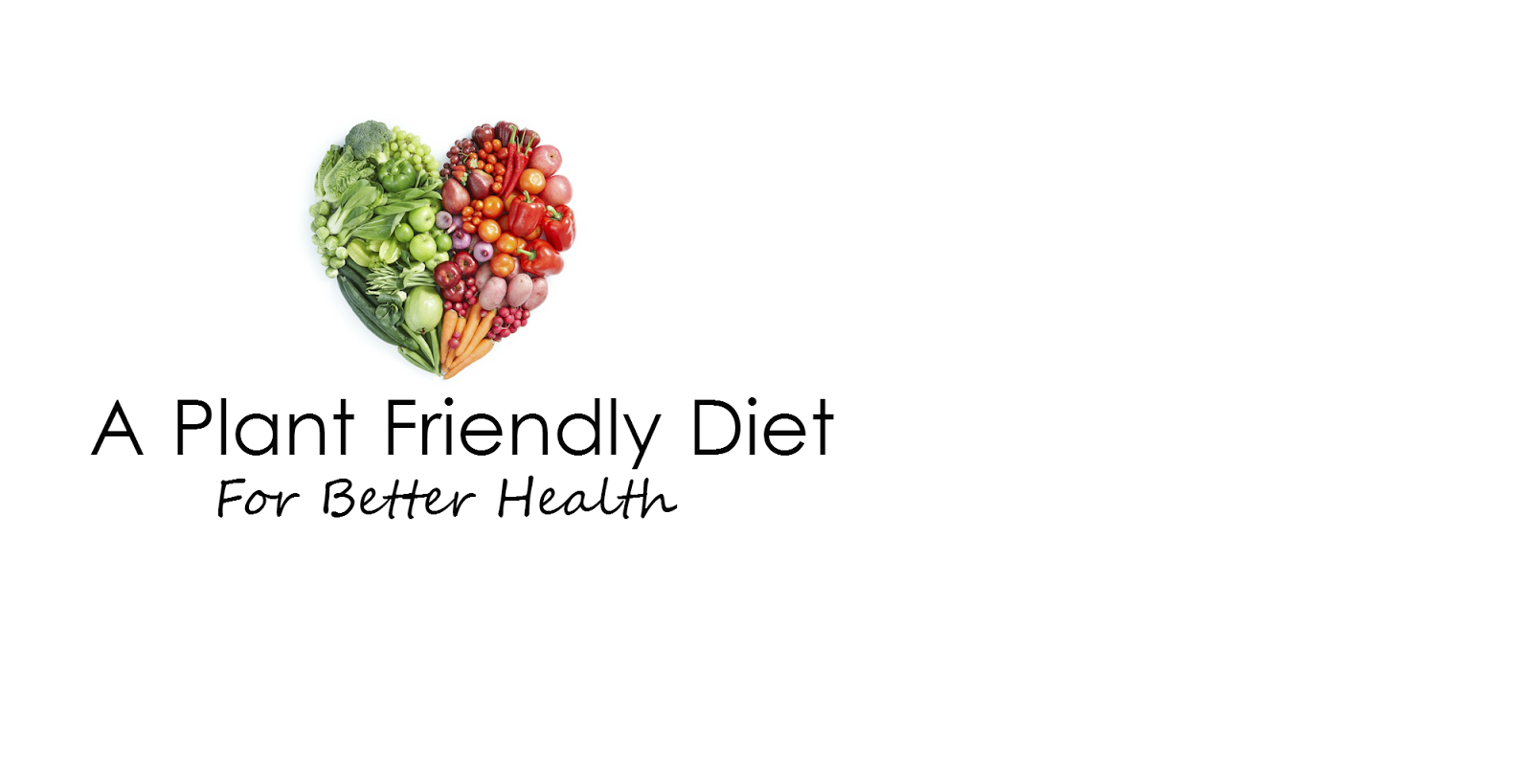They are almost identical in nutrients to rolled oats with the exception of being lower in calories: 160 cal. for regular oats and 140 cal. for steel cut oats. Additionally steel cut oats are lower in sugar. Regular oats have one gram of sugar and steel cut have no sugar. They are also less processed which in my book is awesome. Instead of being rolled out flat, the oat "groat" in steel cut oats are cut leaving it in it's natural form.
Did I mention they are chewier. Here is a picture of my breakfast from yesterday morning. I cooked the oats with water and non dairy milk. These oats turned out really creamy, rib sticking and filling. Since I never like to eat oats plain, I added blackberries, flax and a banana to it after it's cooked. Sometimes I'll add one walnut just to shake things up.
OK so what about other whole grains? I remember my mother always telling me to finish my grains as they were good for me, but exactly how are they good for me (and you)? According to the Mayo Clinic, grains of every kind should be an essential part of our diet. They are a complex carbohydrate which means they are referred to as starch and are made of sugar molecules strung together like a necklace or branched like a coil. They are often rich in fiber, thus satisfying and health promoting. They are commonly found in whole plant foods and therefore are also often high in vitamins and minerals. All grains are low in fat which make them an excellent choice to add to our diets. They can also play a big roll in fighting heart disease, cancers, diabetes, and other health problems.
So...exactly how many grain processes are there? First off: Whole grains are unrefined. They haven't had their germ and bran removed in processing. Better to eat whole grains that are unprocessed because of the fiber and nutrients such as selenium, potassium and magnesium. Refined Grains are milled which means the germ and bran have been removed from the grain. It is also stripped of nutrients and fiber Examples are white flour, white rice, and many processed foods, Many desserts have refined grains. Enriched Grains are grains that were stripped of their nutrients and then added back in later.
What then should we eat? It is a bit obvious to me that we should eat whole grains without any refining or enriching. These include: barley, brown rice, buckwheat, millet, oatmeal, popcorn, whole wheat bread, pasta or crackers, wild rice. Sometimes it's hard to tell what is whole wheat especially with breads. When reading labels, make sure that whole grain or wheat is among the first ingredients that are listed.
I don't have any experience with gluten intolerance, or Celiac's disease. It seems like more and more people are having issues with it. I know for myself if I eat too many grains that I feel somewhat bloated, but on a whole, I try to stay with organic whole grains, and stay away from all processed foods. Let me repeat that again: I do my almighty best to stay away from ALL processed foods. I also know that grains are a lot more processed today than they were 20 years ago. We have more pesticides to worry about and more GMOs that find their way into our food products.
If anyone would like to add anything feel free in the comments below. Thanks for reading!
http://www.mayoclinic.org/healthy-lifestyle/nutrition-and-healthy-eating/in-depth/whole-grains/art-20047826?pg=2


No comments:
Post a Comment